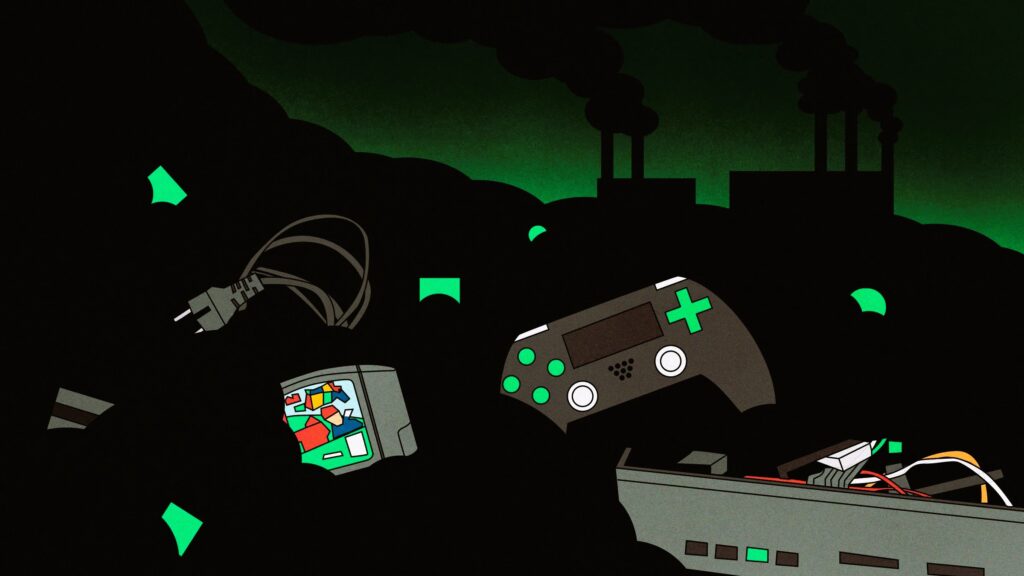As the video game industry continues to grow and evolve, so too do the ethical considerations surrounding game development. From content creation and representation to player engagement and monetization, developers are faced with a myriad of ethical dilemmas that can have far-reaching implications for both the industry and society as a whole. In this article, we’ll explore some of the key ethical considerations in video game development and their impact on players, developers, and the gaming community.
1. Representation and Diversity: One of the most significant ethical considerations in video game development is the representation of diverse perspectives and identities within games. Historically, the gaming industry has been criticized for its lack of diversity, with many games featuring predominantly white, male protagonists and stereotypical portrayals of marginalized groups. Developers have a responsibility to create games that reflect the diversity of the real world and avoid perpetuating harmful stereotypes or biases.

2. Violence and Mature Content: The depiction of violence and mature content in video games has long been a contentious issue, with concerns raised about the potential impact on player behavior, particularly among younger audiences. While many games feature violent or mature themes as part of their storytelling or gameplay mechanics, developers must consider the ethical implications of their content and ensure that it is age-appropriate and responsibly handled. This includes providing clear content warnings and age ratings, as well as incorporating mechanisms for player choice and agency. Read about the review: “The Last of Us, Part 2” in our article.
3. Player Well-being and Addiction: As games become increasingly immersive and engaging, there is growing concern about the potential for gaming addiction and its impact on player well-being. Developers have a responsibility to design games that prioritize player health and safety, including implementing features that promote responsible gaming habits, such as time limits, breaks, and parental controls. Additionally, developers should be mindful of the psychological effects of game design elements such as loot boxes, microtransactions, and in-game rewards, which can contribute to addictive behaviors and harmful spending habits.
4. Privacy and Data Protection: In an age of digital connectivity and online gaming, privacy and data protection have become critical ethical considerations for game developers. Developers must adhere to strict guidelines and regulations governing the collection, storage, and use of player data, including personally identifiable information (PII) and sensitive data. This includes obtaining informed consent from players, implementing robust security measures to protect against data breaches and cyberattacks, and being transparent about how player data is used and shared.

5. Fairness and Accessibility: Ensuring fairness and accessibility in game design is another important ethical consideration for developers. This includes providing equal opportunities for all players to participate and succeed in games, regardless of their skill level, experience, or background. Developers should strive to create inclusive gaming experiences that accommodate a diverse range of abilities and preferences, including options for customizable controls, subtitles, and assistive technologies. Additionally, developers should be mindful of the potential for discrimination or exclusion in multiplayer games and online communities, taking proactive measures to address harassment, bullying, and toxic behavior.
Conclusion
Ethical considerations play a vital role in video game development, shaping the content, design, and impact of games on players and society. By prioritizing representation and diversity, promoting player well-being and safety, respecting privacy and data protection, and ensuring fairness and accessibility, developers can create games that enrich lives, foster empathy, and inspire positive change. By staying informed and engaged with ethical issues in game development, developers can help shape a future where gaming is a force for good in the world.
For more information on ethical considerations in video game development, you can visit the Wikipedia page on Video Game Development: Wikipedia

